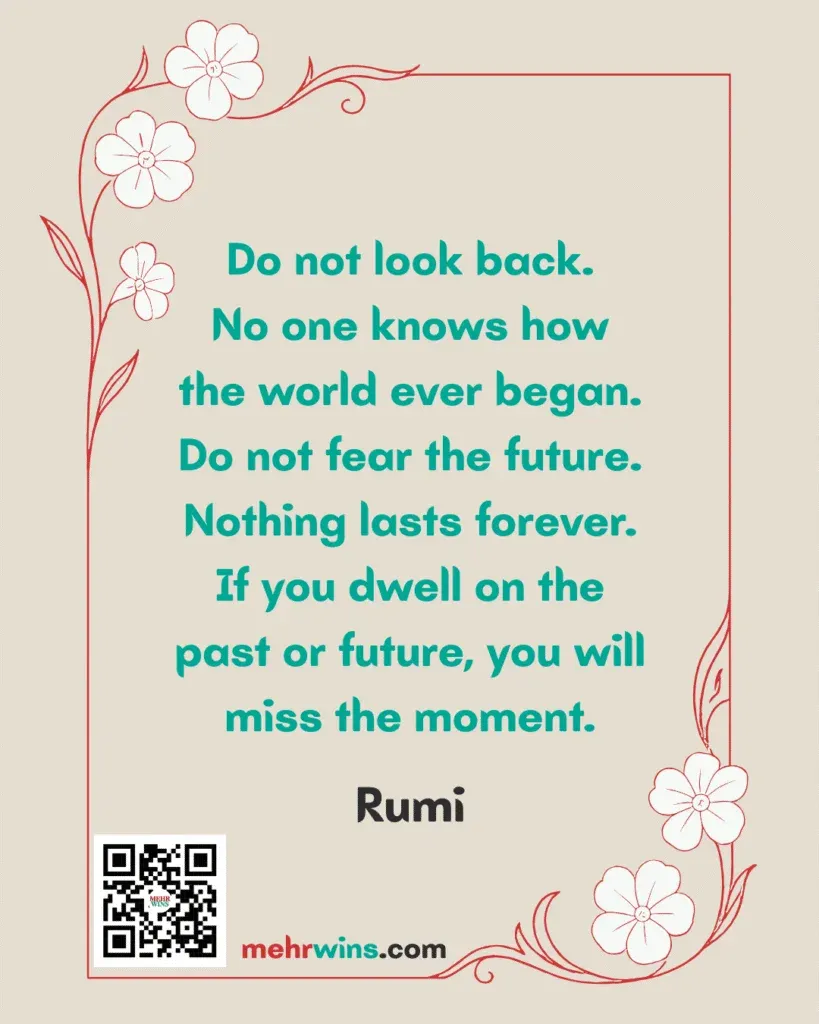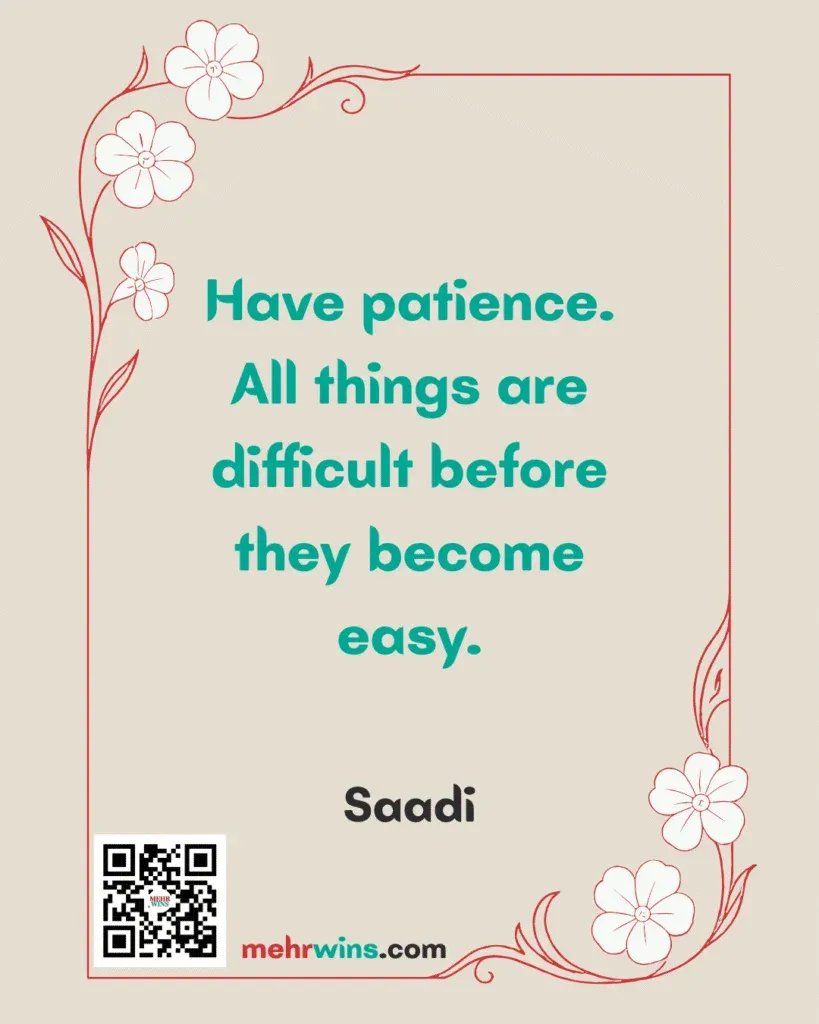
Quote: “Do good deeds, for they are the currency of the afterlife.” – Jami
The profound and enduring value of ethical actions is powerfully articulated in this verse. It employs the metaphor of “currency of the afterlife” to convey that benevolent acts and moral conduct in this life are what truly accumulate worth and lead to ultimate spiritual reward or fulfillment beyond earthly existence. This concept is deeply rooted in ancient Persian and Islamic wisdom, which consistently emphasizes the paramount importance of virtuous behavior, generosity, and positive contributions as fundamental aspects of a meaningful life and preparation for one’s eternal journey.
This teaching comes from the heart of Jami, the esteemed 15th-century Persian Sufi poet and scholar. As a major poet of the classical era, Jami’s work often reflects the ethical and spiritual values of his time. The quote directly connects with Islamic and Sufi teachings that place immense emphasis on the value of good deeds and moral conduct as a form of spiritual wealth, which accrues value far beyond any material currency.
For me, this quote offers a vital perspective on what constitutes true and lasting personal triumph. It challenges us to look beyond fleeting material gains, suggesting that the most significant “wins” are built upon a foundation of good deeds and selfless contribution. By focusing on living a life of purpose driven by compassion and positive impact, we cultivate a richness that far surpasses any temporary accumulation. This wisdom underscores that ethical conduct and generosity not only shape our present but also create an invaluable legacy, truly embodying the spirit of Mehr Wins.


